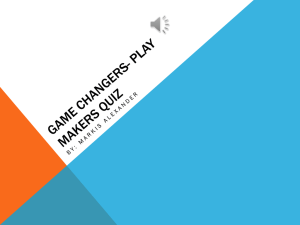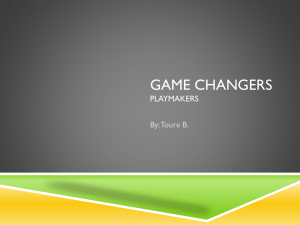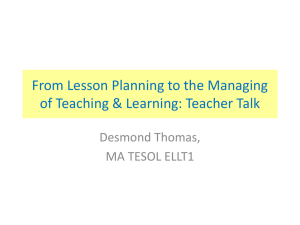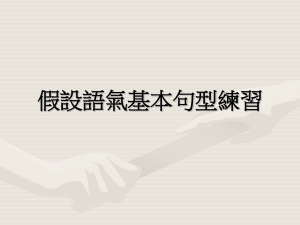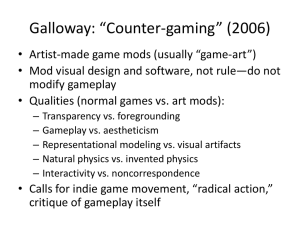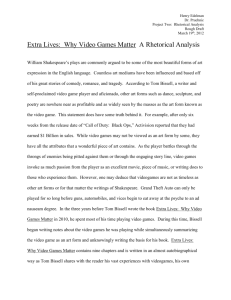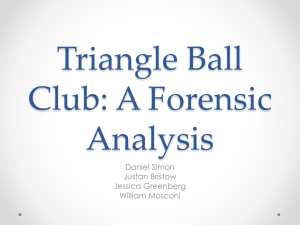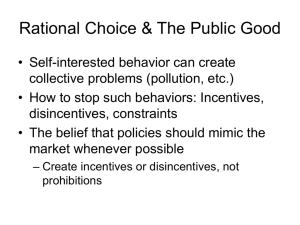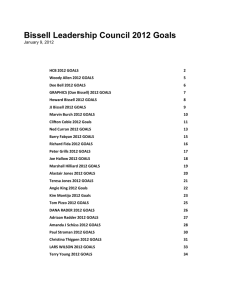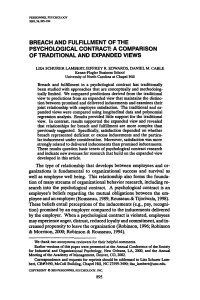What are individual differences?
advertisement
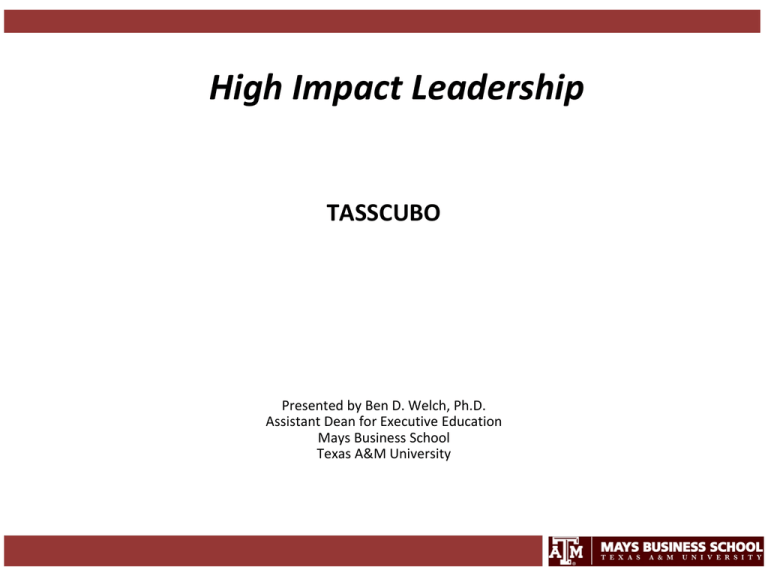
High Impact Leadership TASSCUBO Presented by Ben D. Welch, Ph.D. Assistant Dean for Executive Education Mays Business School Texas A&M University The Psychological Contract Contributions from the Individual Inducements from the Organization The Person-Job Fit The specific aspect of managing psychological contracts is managing – The person-job fit: The extent to which the contributions made by the individual match the inducements offered by the organization What should a manager do if he or she discovers that an employee is not a good “fit”? What is the nature of individual differences? Individual differences are personal attributes that vary from one person to another. Managers must be aware of their emotional intelligence (EI). What are individual differences? EI – Being Intelligent about Emotions Competencies: – Self-awareness – Self-regulation (managing your feelings) – Self-motivation – Empathy – Effective Relationships Emotional Intelligence Resource: The Emotional Intelligence Quickbook, Dr. Travis Bradberry, Dr. Jean Greaves The Nature of Conflict when Dealing with Emotions How would you define conflict? – A disagreement between two or more: • Individuals • Groups • Organizations Is conflict positive when building effective relationships? * According to research by Kenneth W. Thomas and Ralph H. Kilmann, individuals handle conflict on two dimensions: 1. Assertiveness – The extent to which the individual satisfy his or her own concerns 2. Cooperativeness – The extent to which the individual attempts to satisfy the other person’s concerns * Thomas-Kilmann Conflict Mode Instrument (A) http://www.cpp.com/detail/detailitem.asp?ic=4813 attempts to COMPETING Assertiveness Assertive The Five Conflict-Handling Modes COLLABORATING Unassertive COMPROMISING AVOIDING ACCOMMODATING Uncooperative Cooperative Cooperativeness Managing Change and Transition By Dr. Ben Bissell (W.R. Shirah Publisher, 804-745-1877) I. Introducing the dynamics of change A. Significant Emotional Event (S.E.E.) B. Five stages of the change process: 1. 2. 3. 4. 5. Shock (or denial) Flood of emotion (usually anger) Bargain Depression (grief) Acceptance (intellectual/emotional) C. Takes 1-1½ year minimum to work through the five stages D. Results of not dealing with change within two years: 1. Burnout and quit job 2. Become difficult 3. Become emotionally or physically ill Managing Change and Transition By Dr. Ben Bissell (W.R. Shirah Publisher, 804-745-1877) II. Critical Steps in Dealing with Change A. Stages are feelings – not behaviors B. Employees will not move through the stages quicker than the manager C. All low morale is an anger problem D. All change produces fear E. Increase information flow F. All perceptions are distorted Managing Change and Transition By Dr. Ben Bissell (W.R. Shirah Publisher, 804-745-1877) III. The Importance of Creating the Familiar A. Keep things familiar B. People need stability when going through change C. Grieving is normal and necessary D. Build a new support system Managing Change and Transition By Dr. Ben Bissell (W.R. Shirah Publisher, 804-745-1877) IV. Coping with the Stress of Change A. Take care of yourself physically and emotionally B. Four physical signals to be aware of: 1. A body part 2. Breathing 3. Eating pace 4. Sleeping pattern C. You must have some time to be a child again

